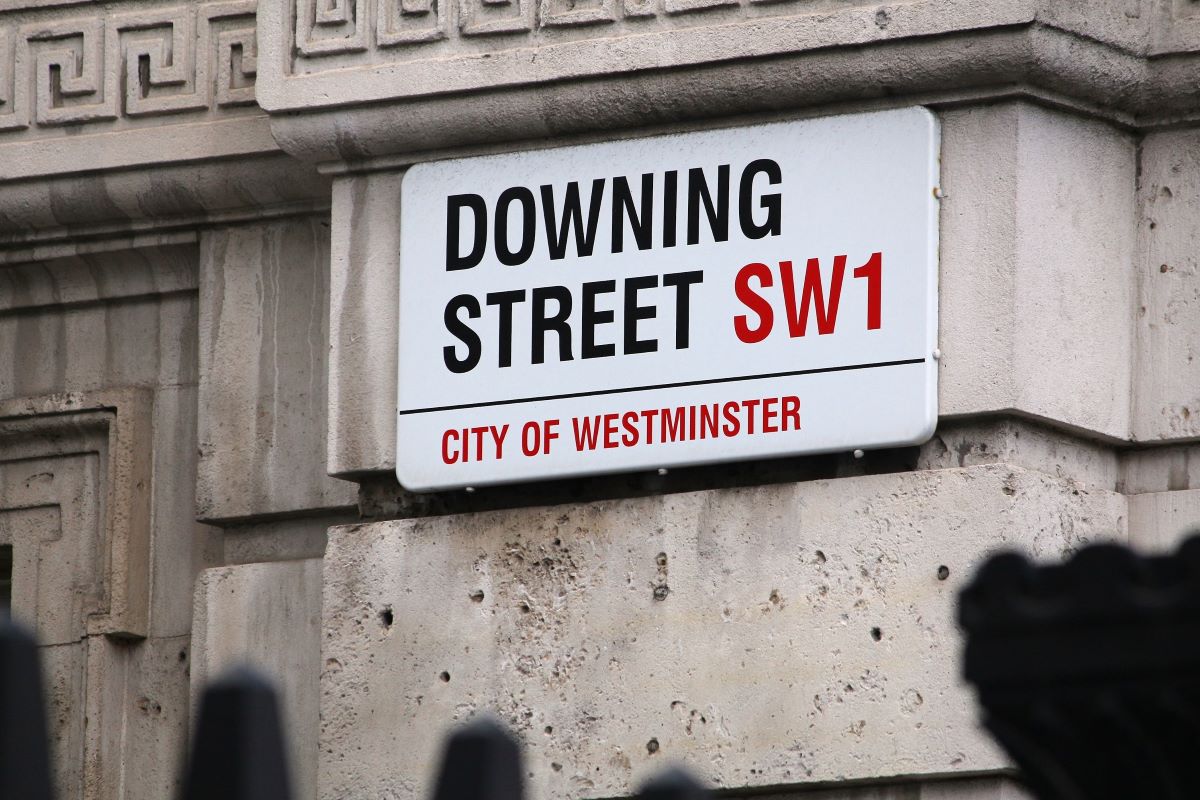In a high-stakes general election campaign, the Conservatives and Labour clash over economic policies, tax cuts, and workers’ rights, presenting contrasting visions for the UK’s future. Here’s the full story.
Dividing Lines
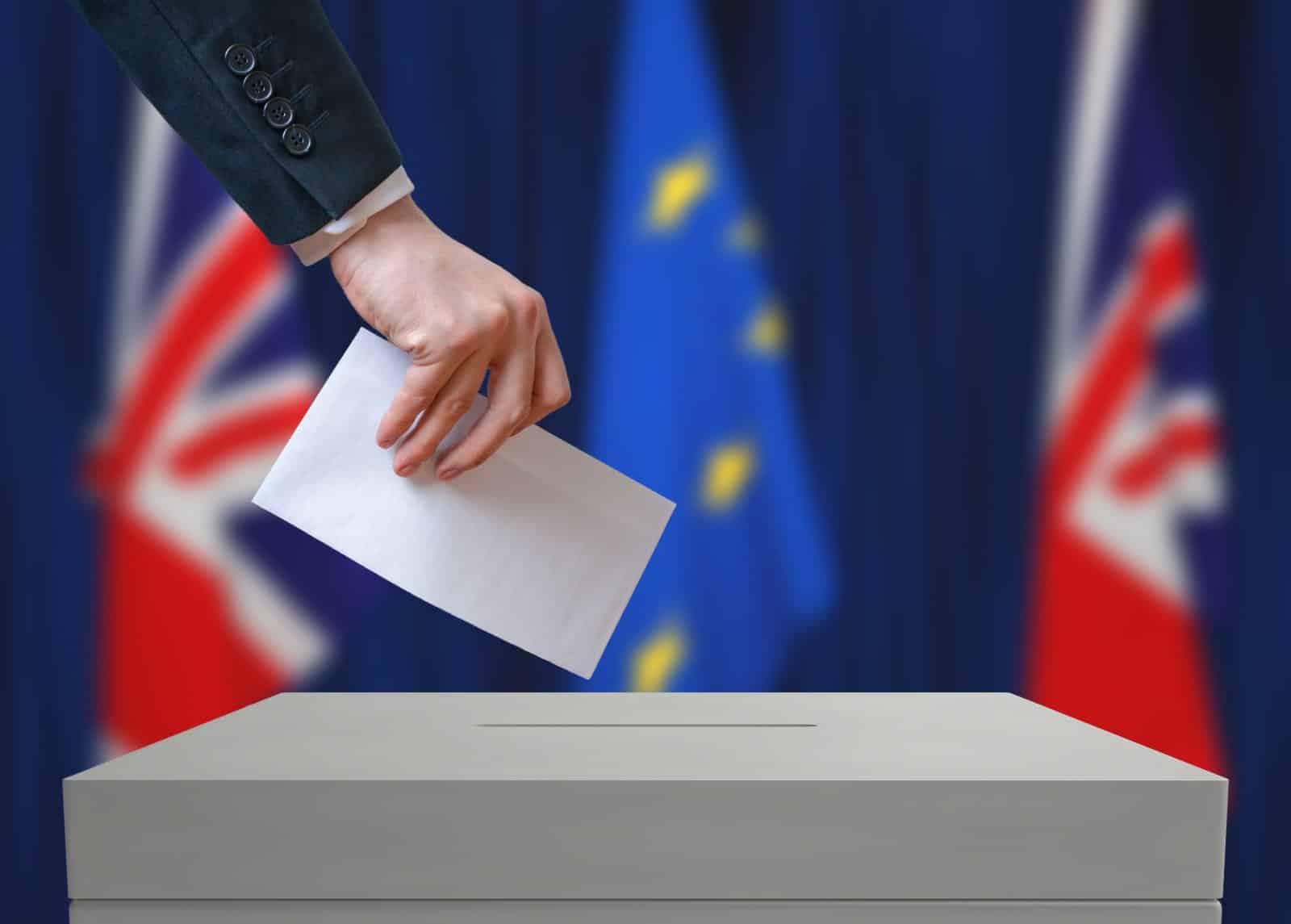
As the election creeps ever closer, dividing lines have begun to appear between the two main parties, the Conservatives and Labour, on the all-consuming issue of the economy.
“Fiscal Responsibility”

Central to each party’s vision of how Britain should be governed in the future are their competing visions for tax policies, workers’ rights, and the ever-elusive term “fiscal responsibility.”
Economic Deciding Factor

As both parties attempt to woo voters while also not turning off their prominent supporters, the stage is set for an election that, following a crippling cost of living crisis, stubbornly high inflation and the greatest increase in poverty numbers since the 1990s, will undoubtedly see the economy as a deciding factor in how the Great British public will vote.
Bungled and Mismanaged
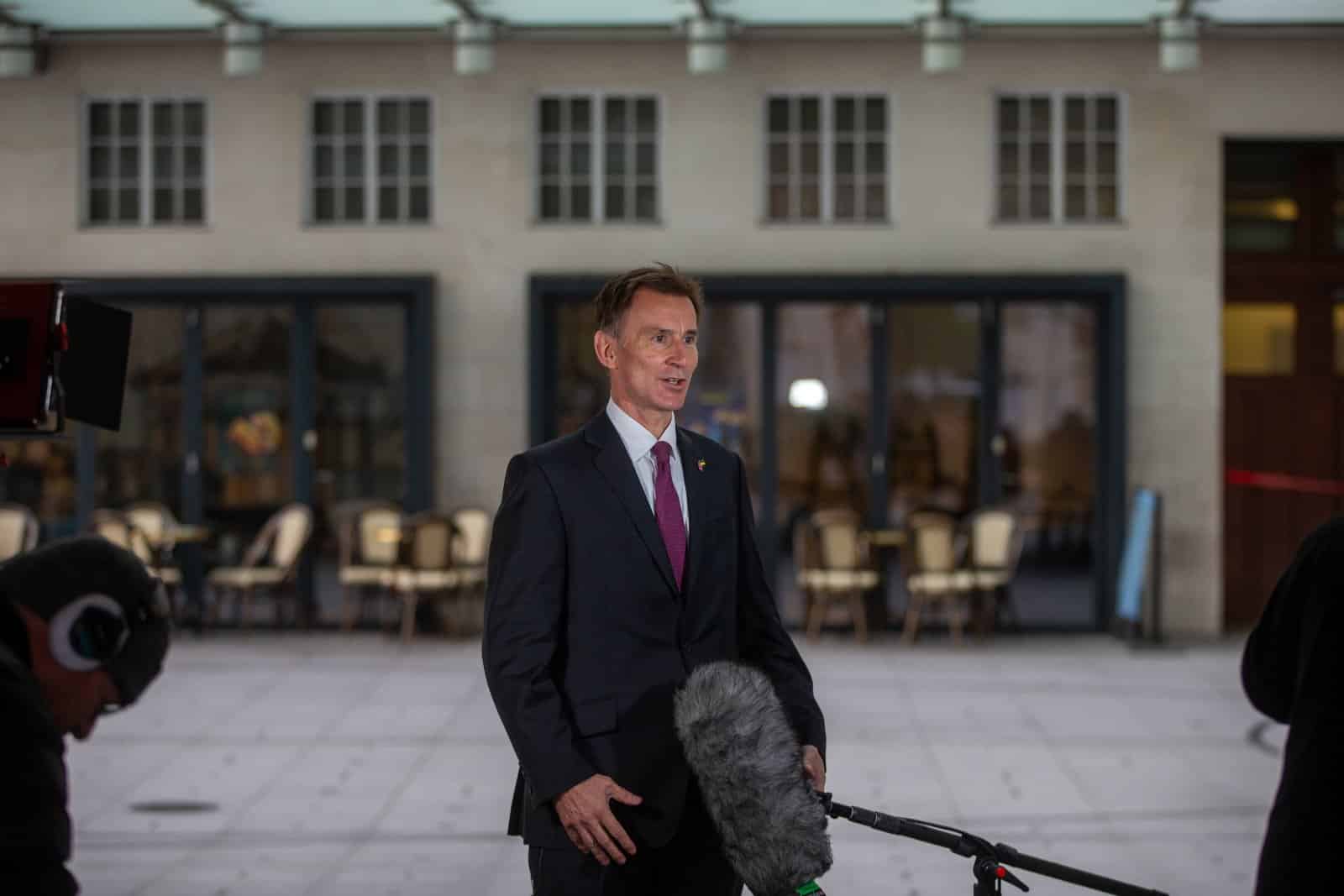
Chancellor Jeremy Hunt has made headlines with his offer of tax cuts to the Conservative base in an attempt to stem the bleeding caused by a Conservative election launch that has been widely viewed as bungled and mismanaged.
Cut to Income Tax
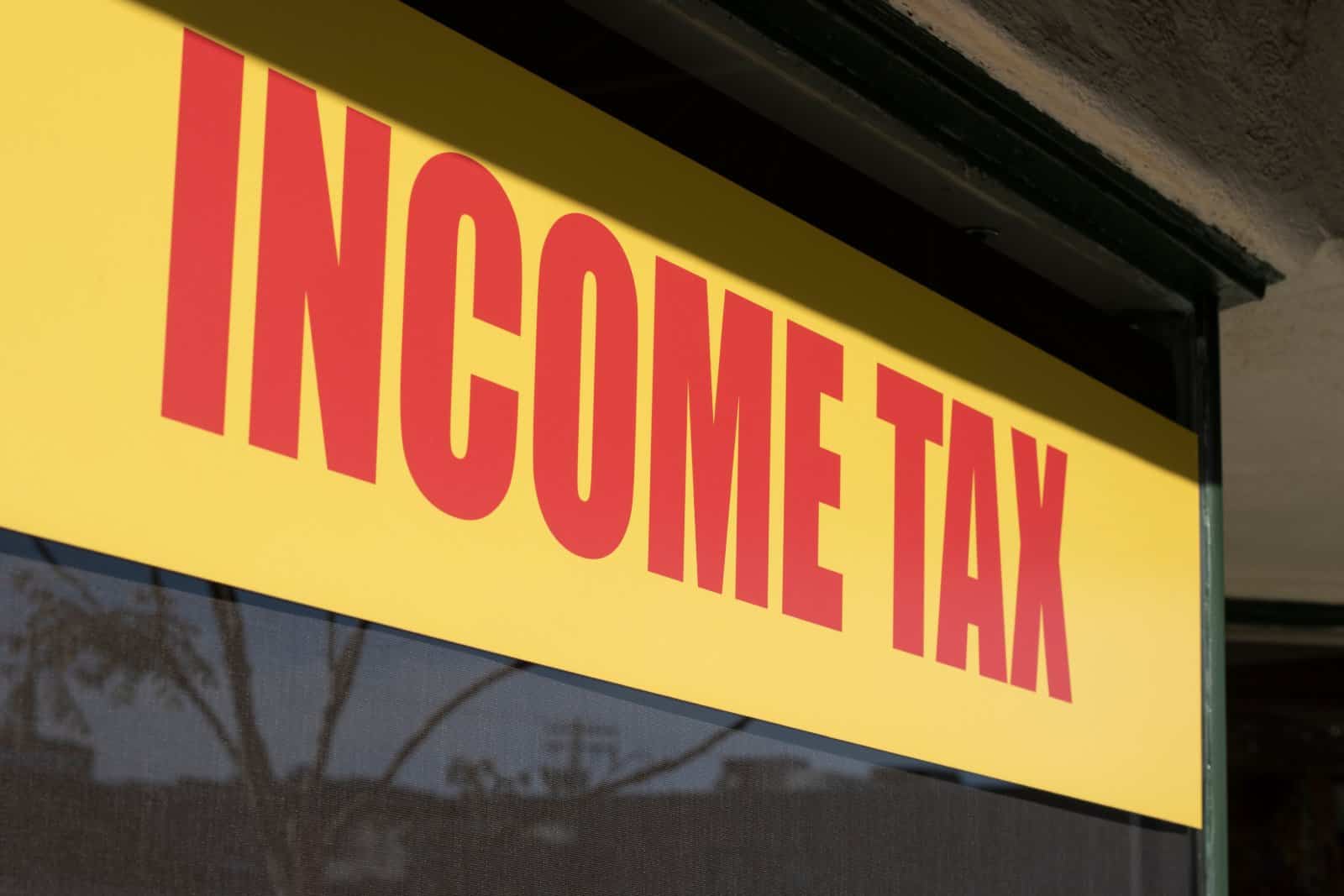
Hunt has targeted, once again, National Insurance as a tax in need of trimming and, to the delight of many wealthy Conservative supporters, has pledged to cut the income tax rate of those earning between £100,000 and £125,000.
“We Will Go Further”
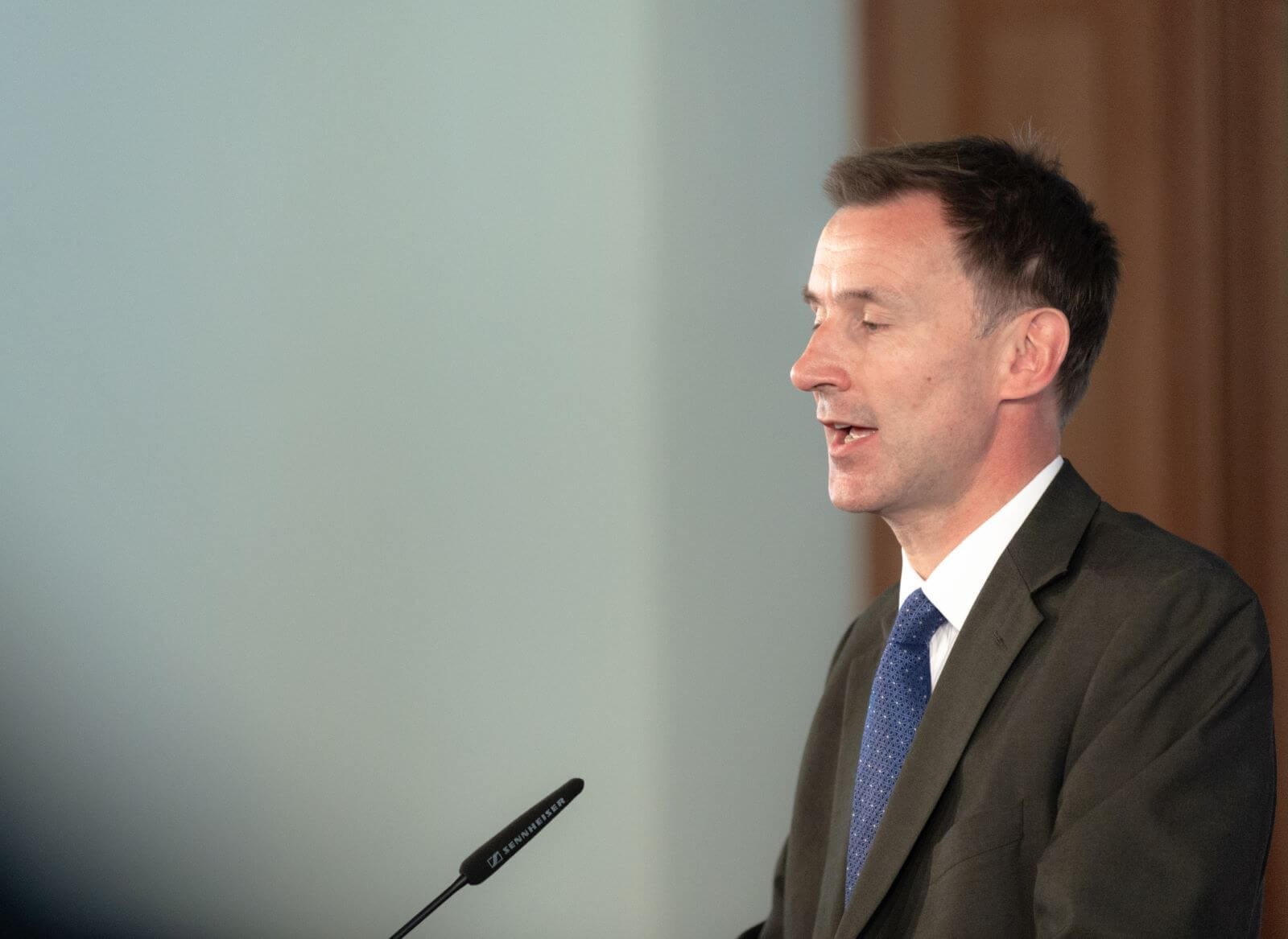
On his proposed tax cuts, Hunt stated, “We made a start, and we will go further.”
“Profoundly Anti-Conservative”
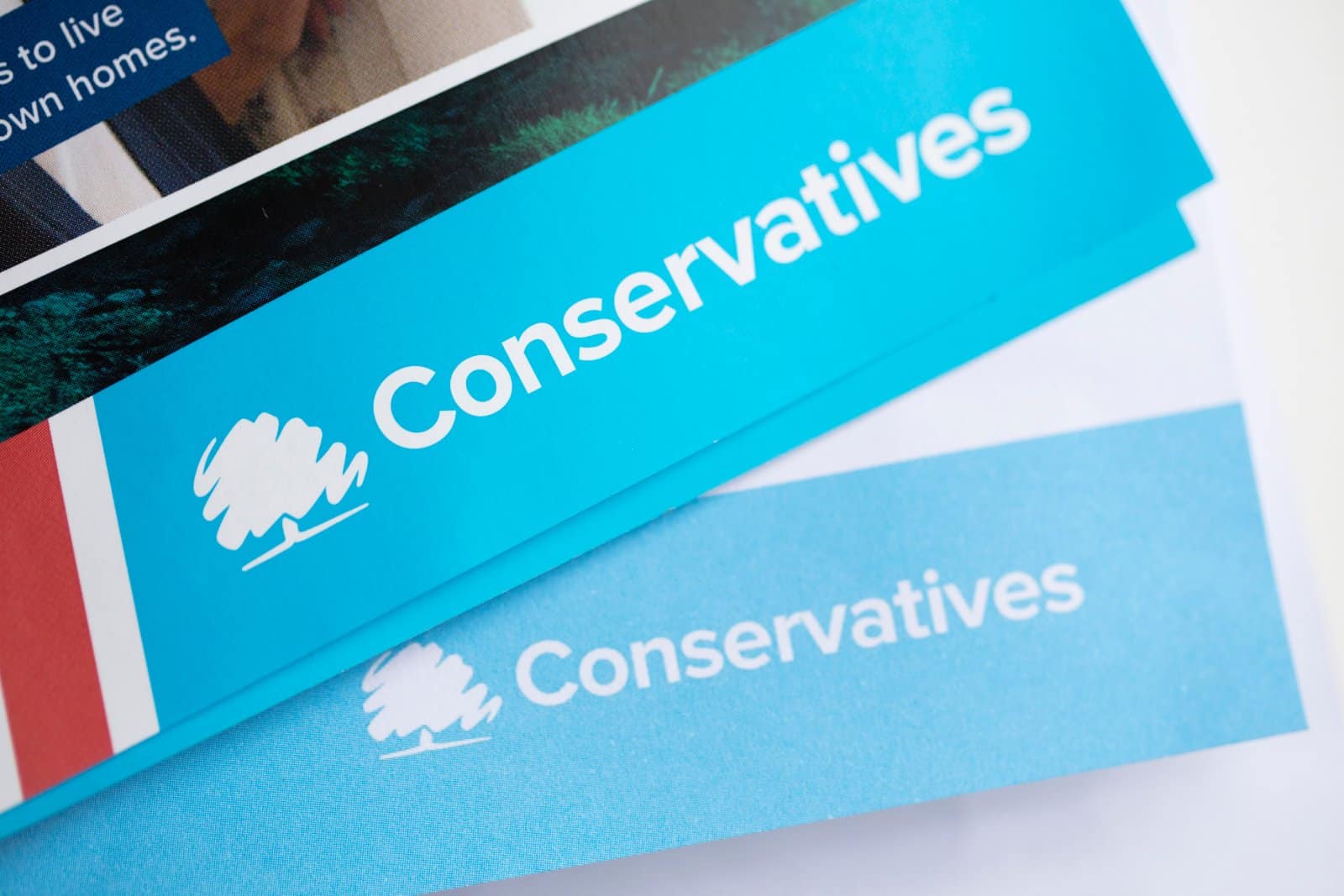
He has also labelled inheritance tax as “profoundly anti-Conservative,” blatantly offering Conservative supporters to cut the amount of money they hand to the government when passing their earnings onto their offspring.
“Dark Cloud”

However, Hunt’s attempts to woo nervous Tories have been met with scepticism after the Institute of Fiscal Studies (IFS) warned that, despite both party’s best intentions, the UK’s dire financial situation would loom over the election campaign would “hang over the campaign like a dark cloud.”
Fiscal Responsibility
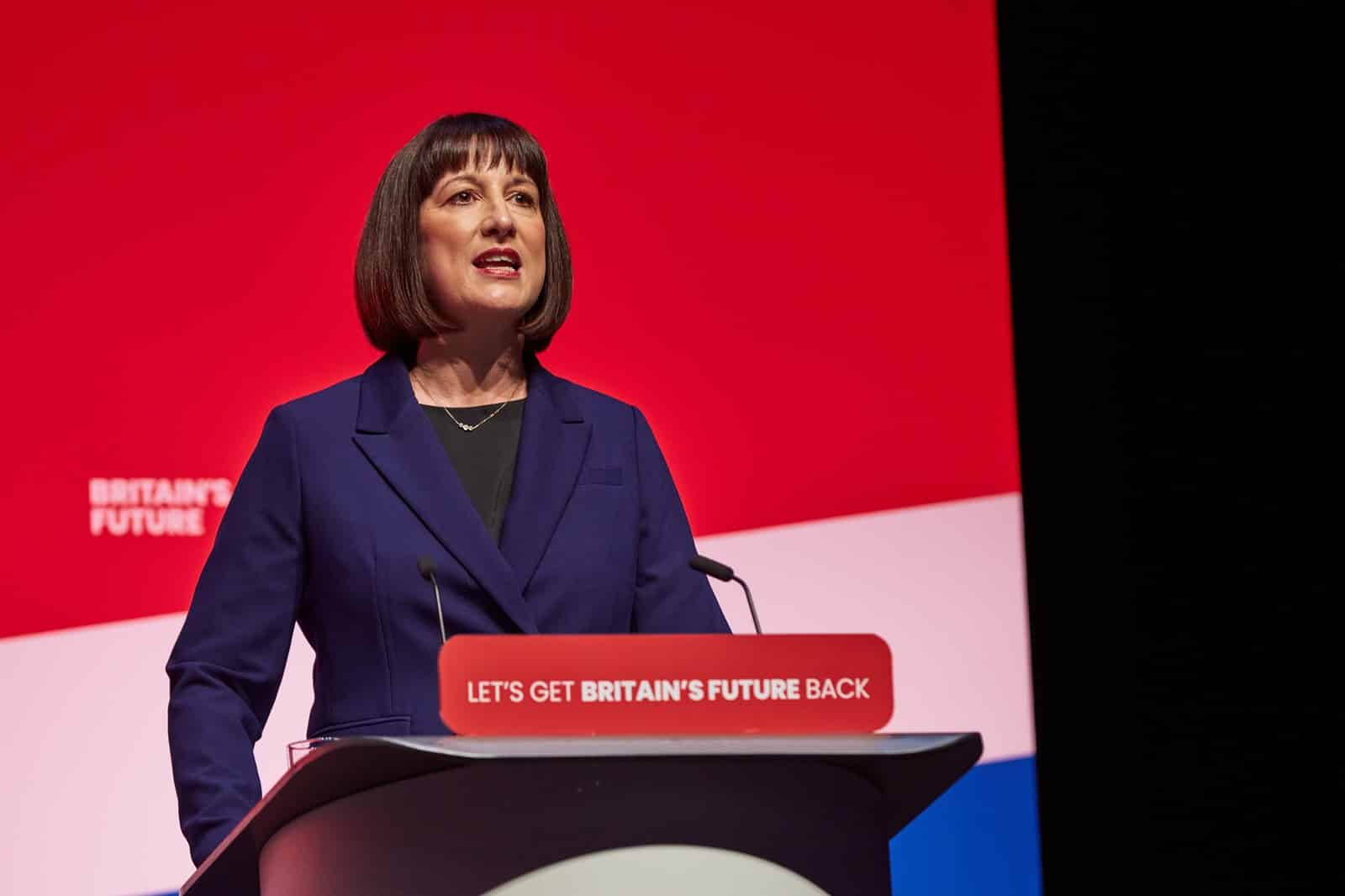
Labour’s shadow chancellor, Rachel Reeves, has positioned her party as champion of fiscal responsibility to counter the IFS’s disastrous predictions.
“Sound Money”

In her speeches and interviews, Reeves emphasised Labour’s commitment to “sound money” and controlled public spending.
“Never Play Fast and Loose”

She wrote, “I will never play fast and loose with your money,” in a front-page spread in the traditionally Conservative supporting Daily Mail, owned by the 4th Viscount Rothermere, and which, infamously, supported the Nazis in the lead-up to the second world war.
“Labour Has Changed”
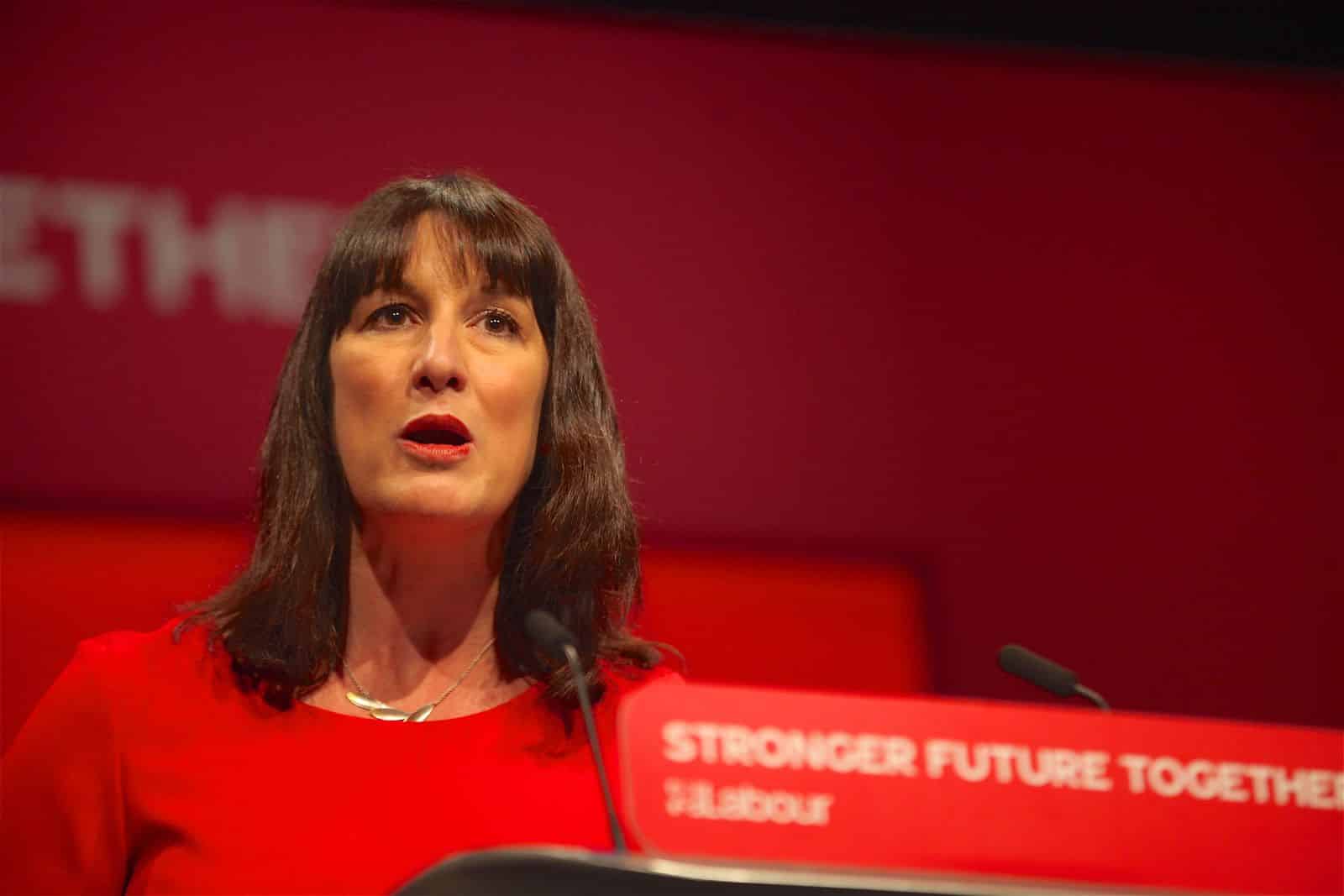
Reeves stated, “Labour has changed. We are the party of sound money. Labour’s first step for change is to deliver economic stability with tough spending rules to grow the economy and keep taxes, inflation and mortgages as low as possible.”
Tax Cuts

Reeves also hinted at potential tax cuts for working people but stressed the importance of having a plan to finance such reductions in a blatant attempt to convince shy Tories that their money would be safe with a Labour government.
Vying for Attention
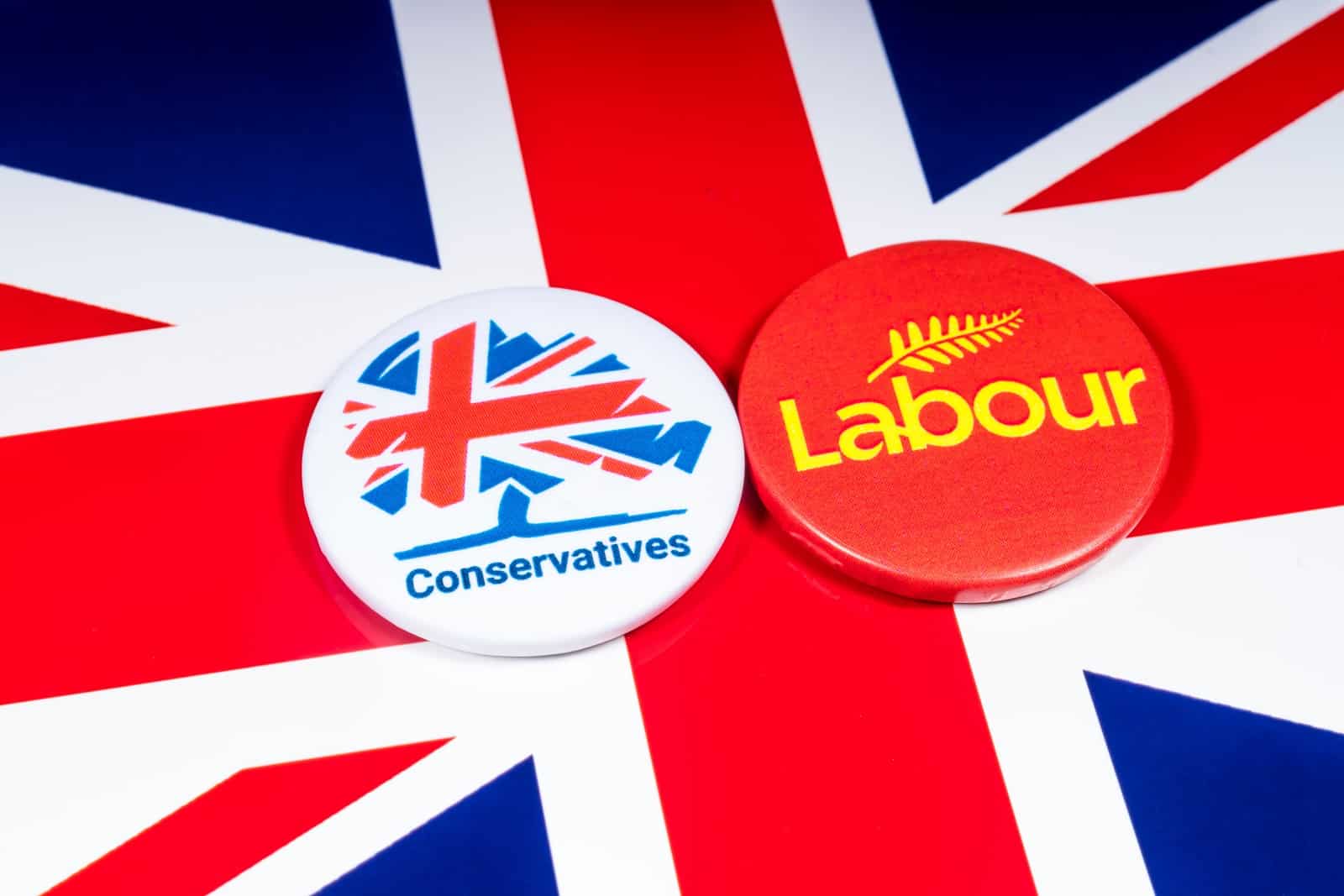
While the primary battle is between the Conservatives and Labour, smaller parties are also vying for the electorate’s attention.
Sewage Dumping
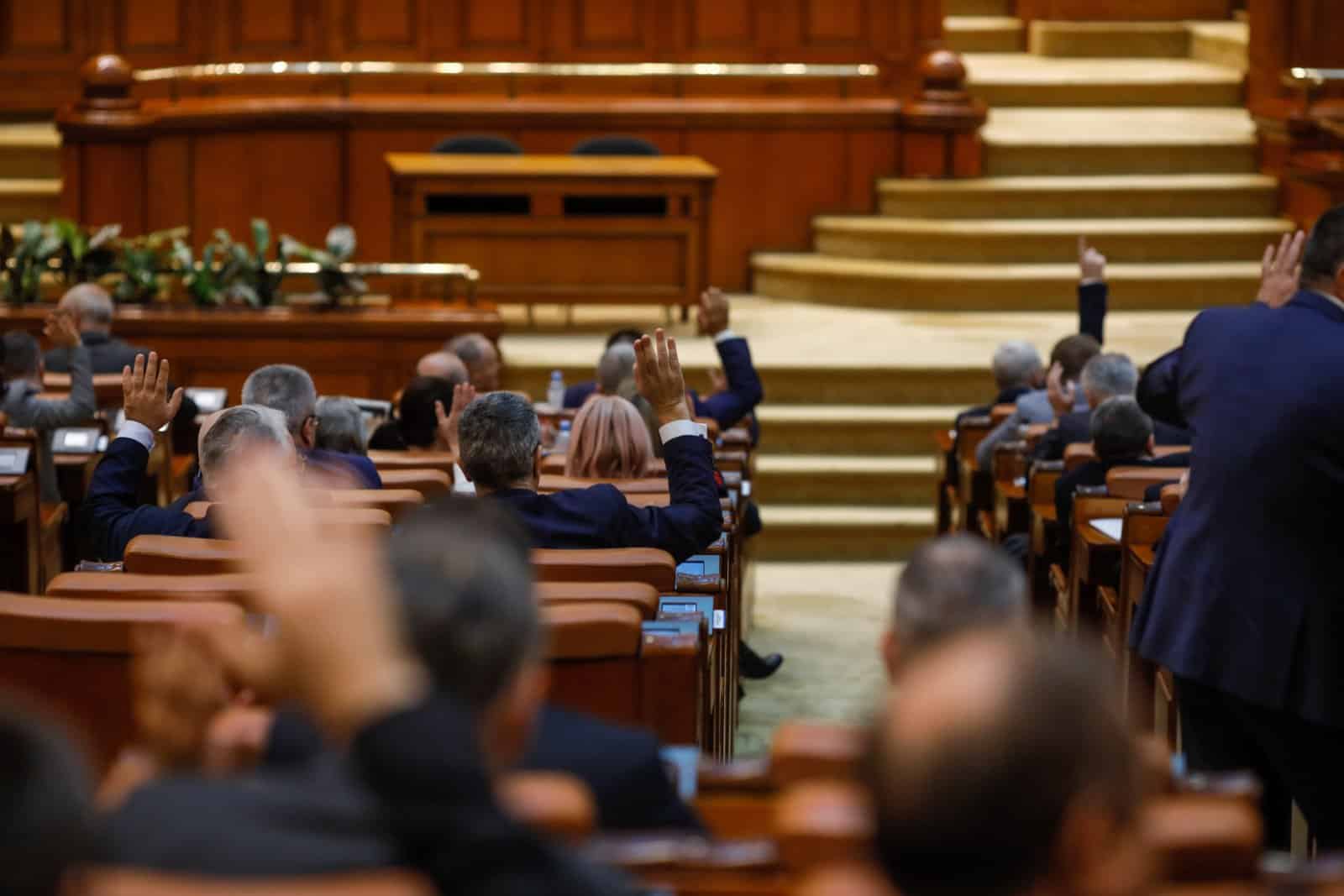
In contrast to the Conservative and Labour battle over economic policy, the Liberal Democrats have been campaigning on issues like sewage dumping and the regulation of privatised water companies, which have overseen a pollution crisis in the UK that would not be out of place in a developing country.
“Toothless and Weak”
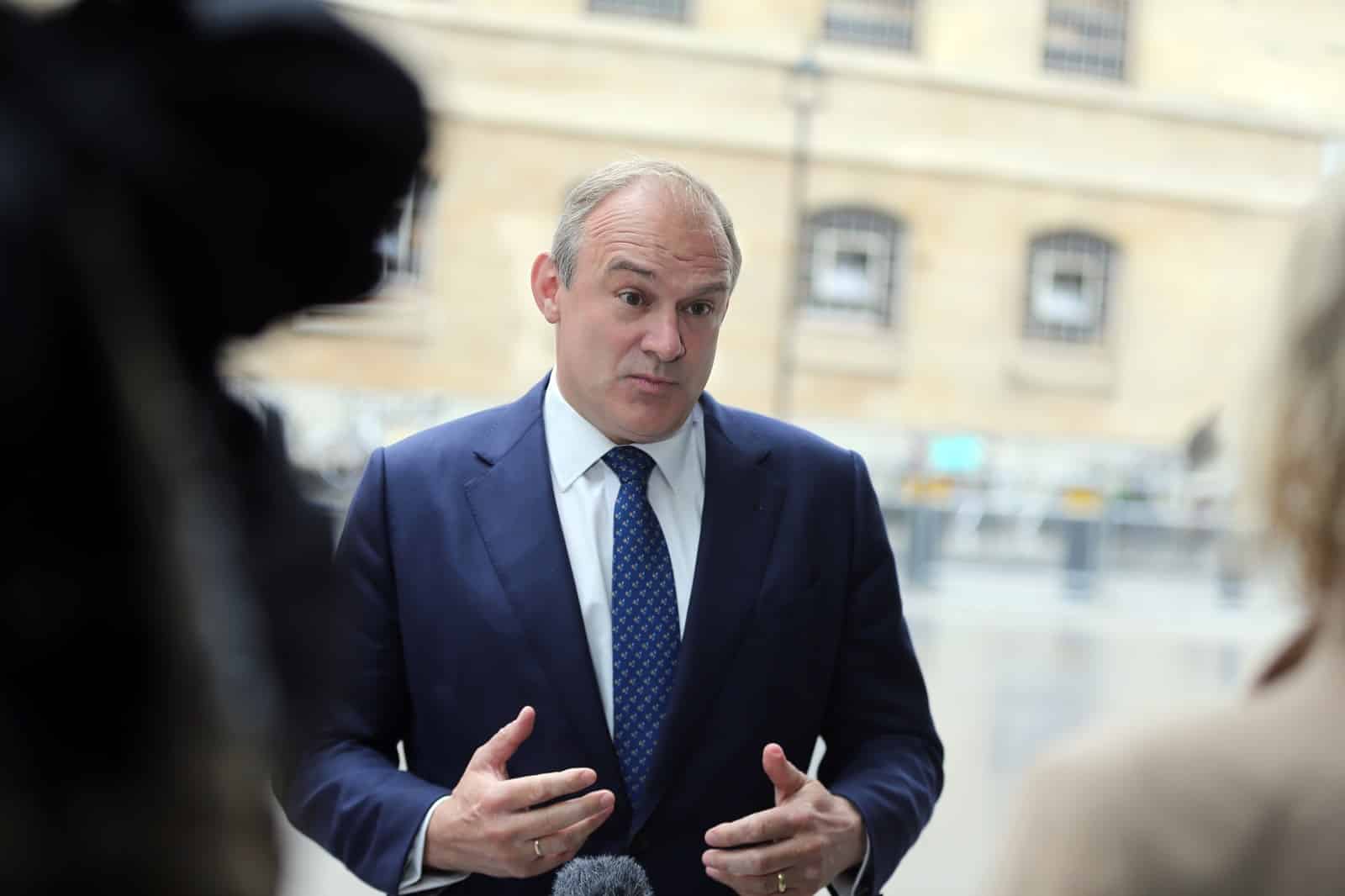
Liberal Democrat leader Ed Davey stated, “It is time to get rid of this toothless and weak regulator that is sitting idly by while water firms destroy our rivers and beaches with filthy sewage.”
“National Scandal”
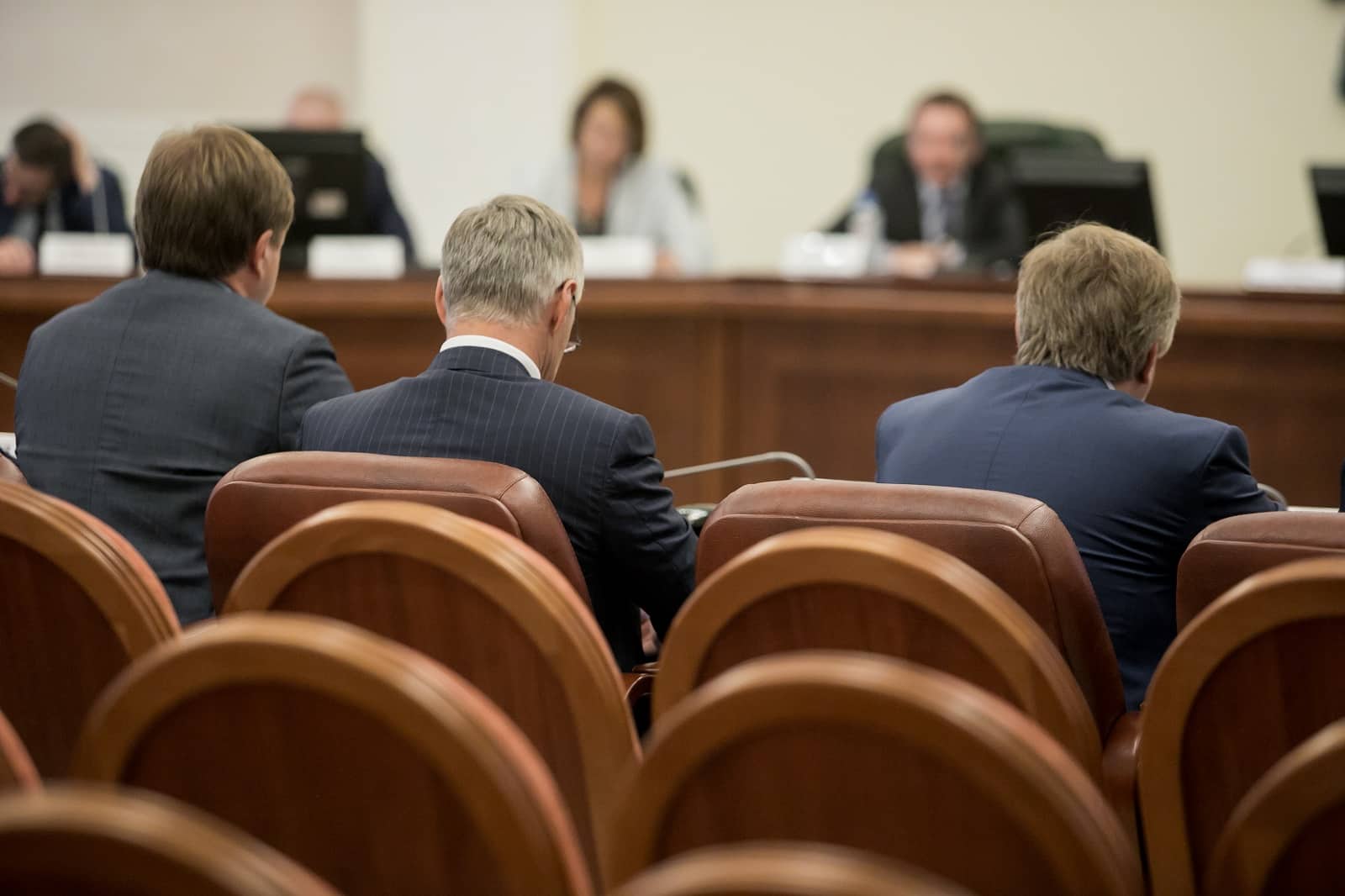
He continued, “This is a national scandal which has got far worse under the Conservatives’ watch. Their record is one of rising sewage levels and water firms stuffing their pockets with cash.”
Unassailable Lead
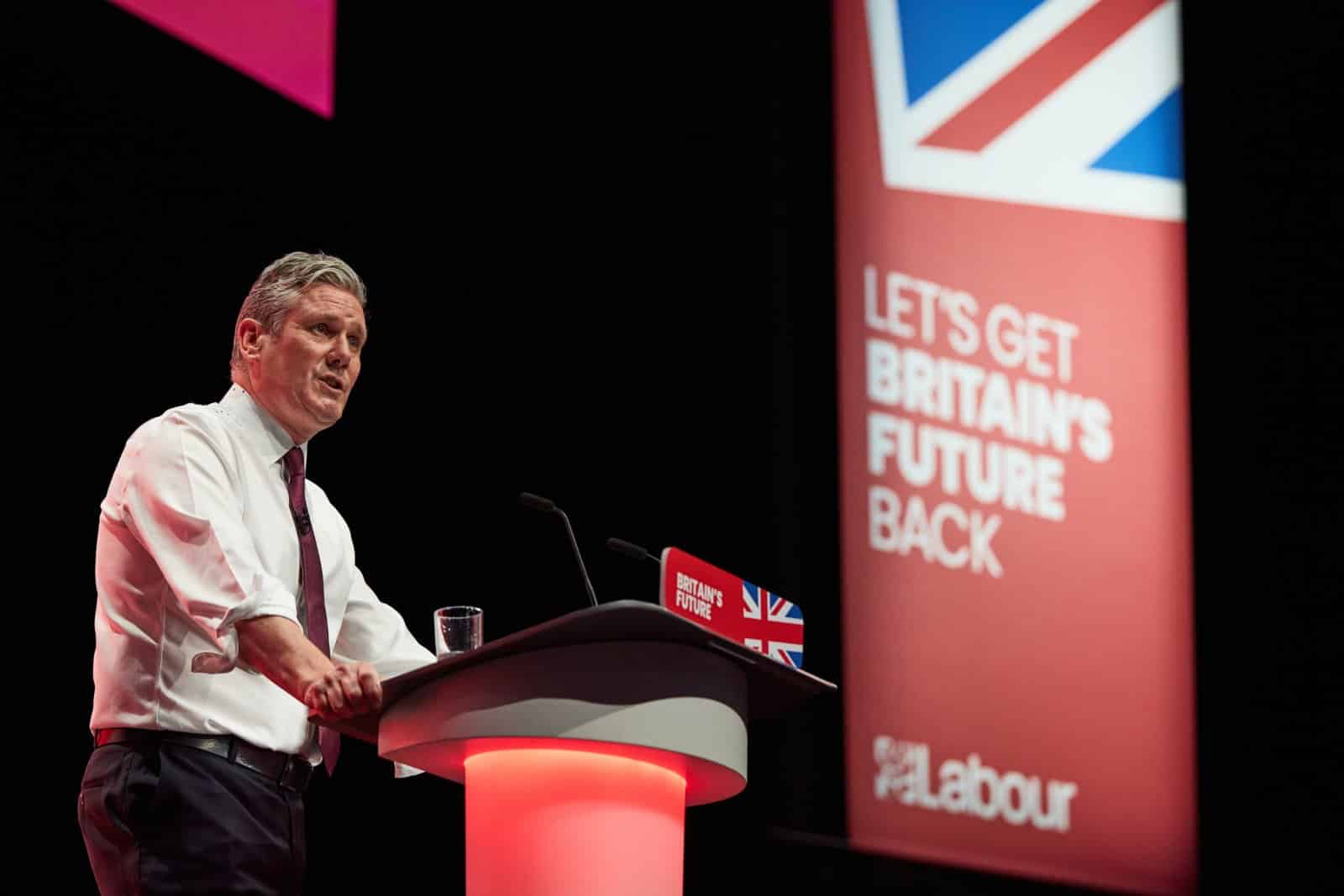
Public opinion remains increasingly fluid as the election date approaches, though Labour still commands a seemingly unassailable lead.
Forefront of Debate
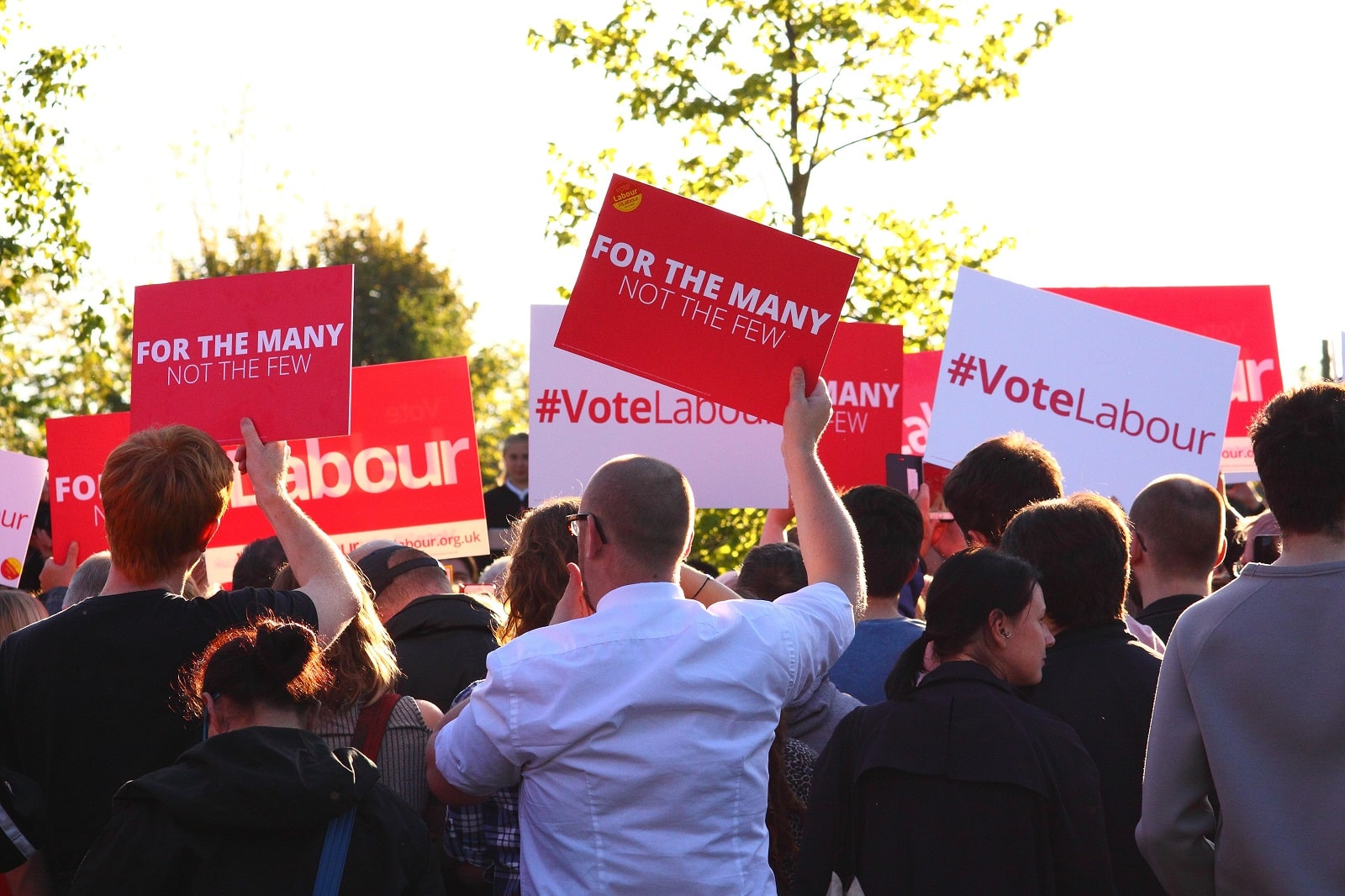
As the general election campaign heats up, the battle over economic policies and fiscal responsibility will likely remain at the forefront of the electoral debate.
Increase in Poverty

With the UK public growing increasingly tired of an economy that seems to work for those in power at the expense of those with the least, the Conservatives’ promise of tax cuts and Labour’s commitment to “sound money” may ring a little hollow to an electorate that has seen the greatest increase in poverty since the 1990s.
Milk Toast Offers
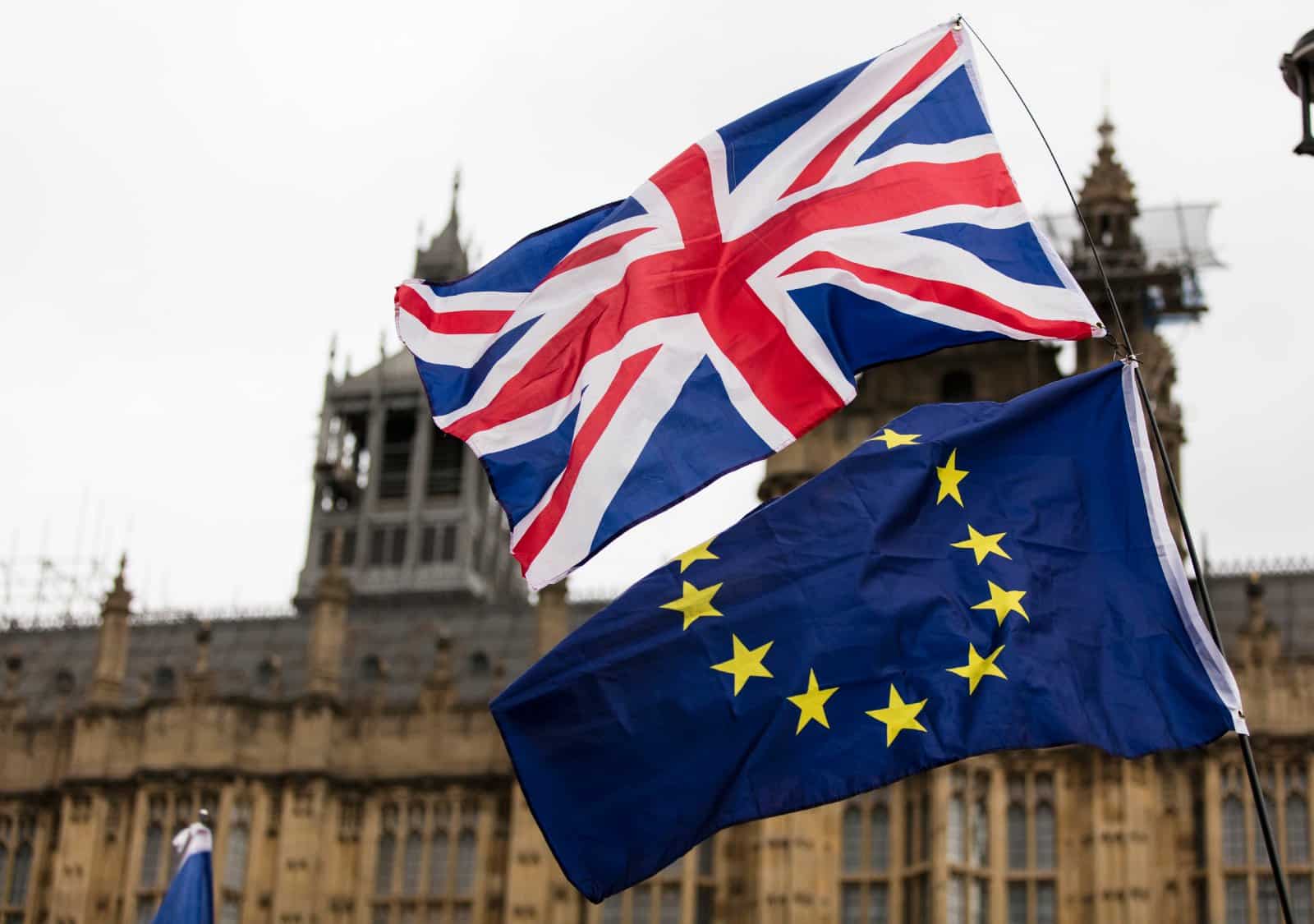
It remains to be seen whether these milk toast offers of economic stability and middle-of-the-road management will be enough to convince wavering voters to support either party. Until the election results are in, both parties have everything to play for, though short of any bold policy fixes, it may not be enough.
The post Britain’s Economic Duel: Tories vs Labour in Key Financial Battle first appeared on Swift Feed.
Featured Image Credit: Shutterstock / Tupungato.

